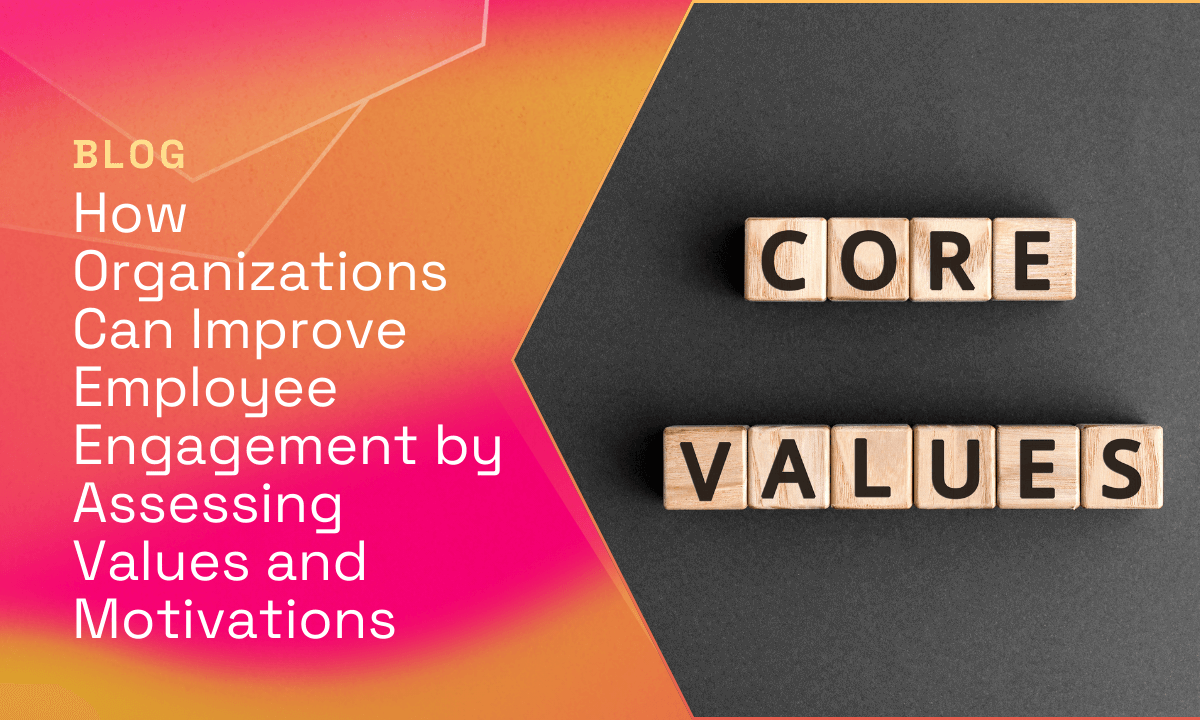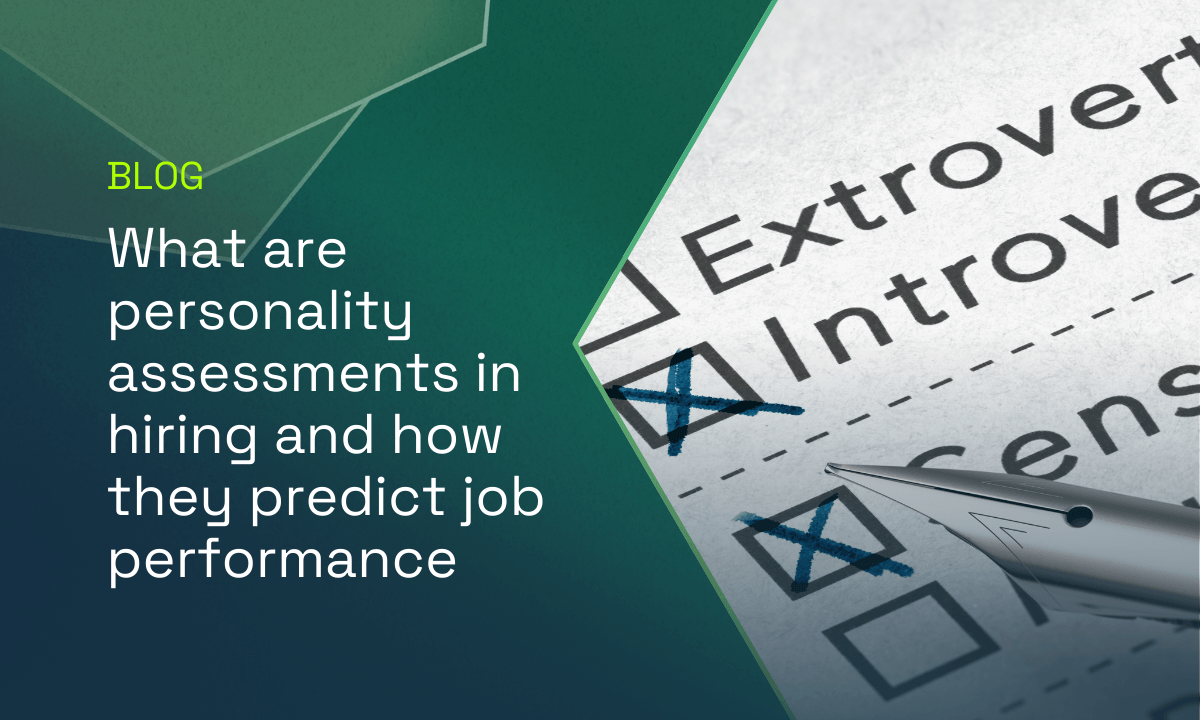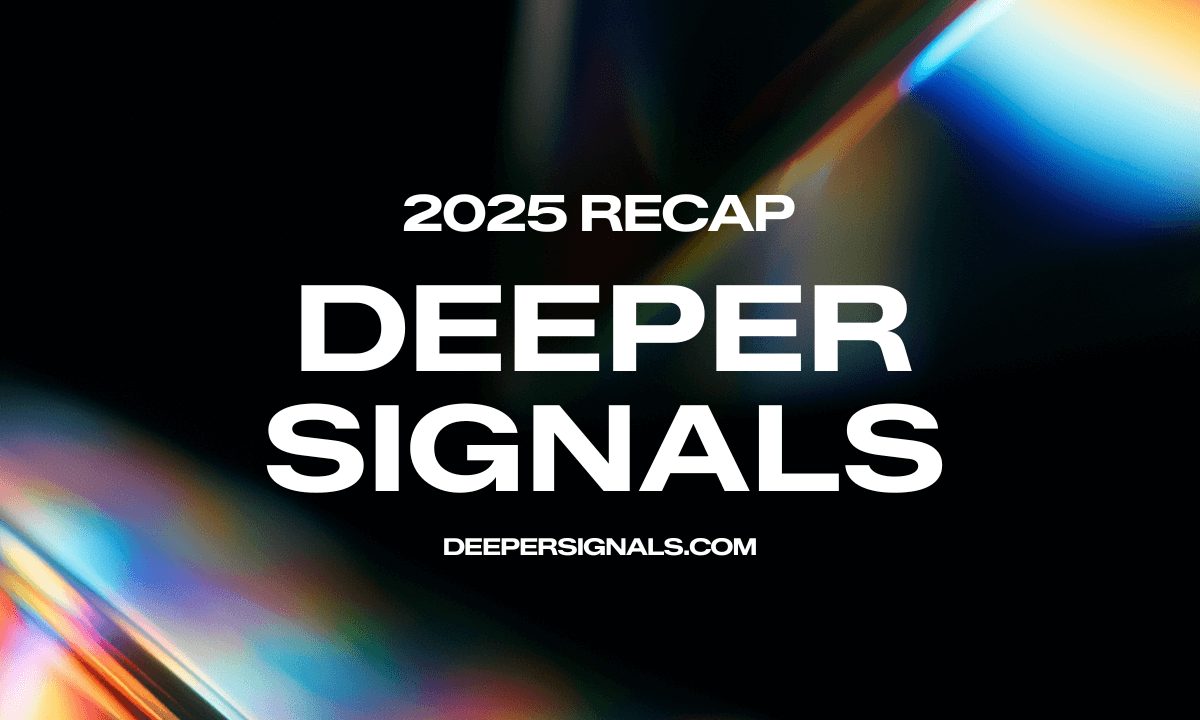Five ways to unlock integrity in your team
“Integrity, intelligence and energy are the most important things to hire for” says famous investor Warren Buffet. “But if you don’t have the first one, the other two will kill you”.
An enormous weight of evidence shows that when staff don’t act with integrity – giving or accepting bribes, for example, or fudging results – it reduces firm performance in the long run, eats away at its competitiveness, decreases staff morale, erodes trust inside the firm, and impacts the firm’s reputation even if the bribery is not yet known.
This makes sense – in a firm that cheats and lies, who can you really trust? And if the only way you can win business is by bribing someone it shows your firm is unable to compete on its own competence.
The costs of integrity failures ripple through corporate life for a very long time – even though Volkswagen pleaded guilty to faking emissions results in 2015 has booked US$35bn in charges relating to the scandal; years later it’s share price has failed to recover its losses and its brand fell out of the top 20 trusted brands in Germany.
Integrity fosters a positive workplace culture. Knowing that you can trust your colleagues – that they will do what they say they will do, share data openly and honestly, and tell the truth speeds up decision-making. Having clear, shared moral principles likewise makes direction setting easier and boosts commitment. If you are recognized as a person of integrity you will gain the trust and respect of those around you.
One of the best leaders I worked with taught me about integrity when I failed to deliver a piece of work on time. As I stuttered and muttered excuses he simply repeated (three times, if I recall) “But you said you would deliver it today”. I worked through the night and had it to him the next day.
To build integrity across the team, do these five things:
- Model and prompt accountability: do what you say you will, and never make excuses.
- Tell the truth: share data, ask people to share theirs and test your assumptions out loud.
- Set clear behavioral expectations about what is right and wrong.
- Be public and share the standards the team will be held to.
- Make transactions and commitments transparent: anyone should be able to understand what, why, when and who benefited.
Of course, all humans lie - When someone asks if their new haircut suits them, a caring “that’s a good cut” might be better than your naked opinion, and different cultures expect less-than-blunt-truth to save face.
That said, integrity might be the private, character component of accountability. It is doing the right thing, even if no one else is watching.





























